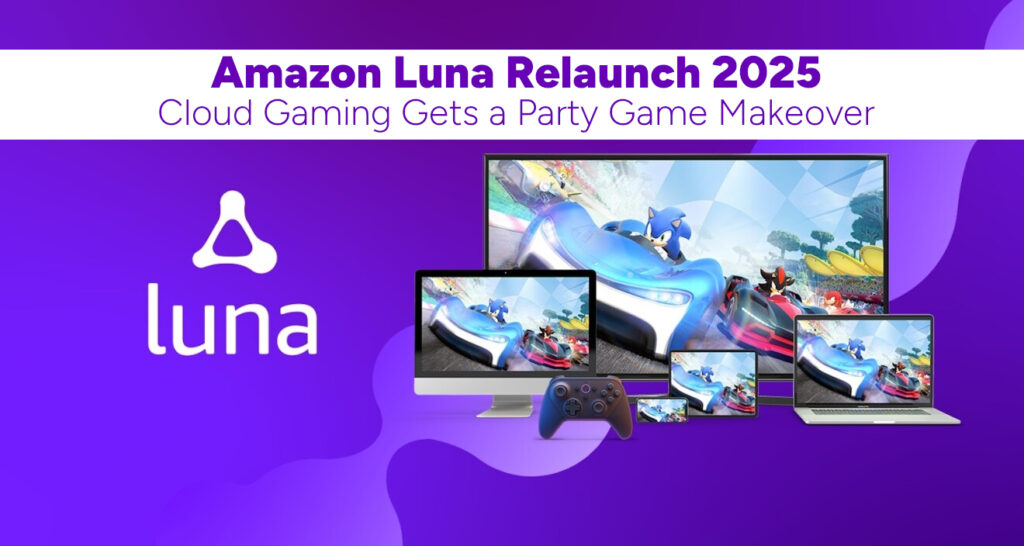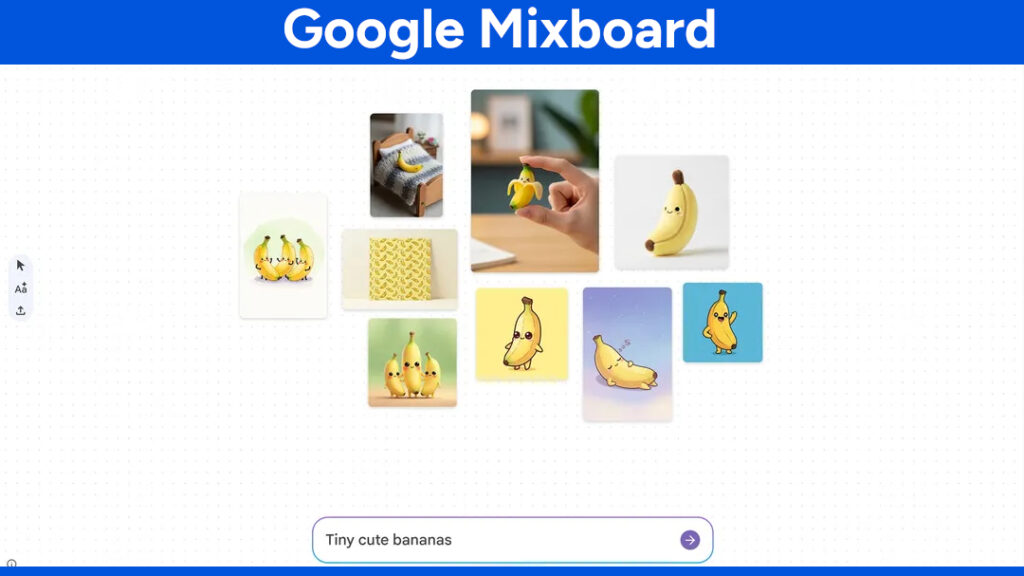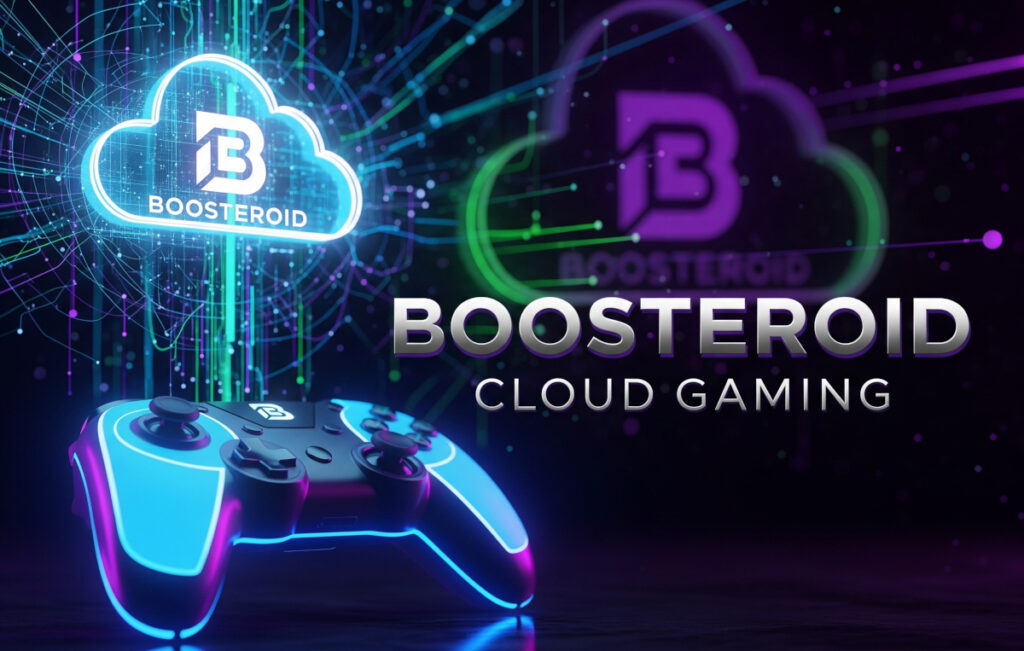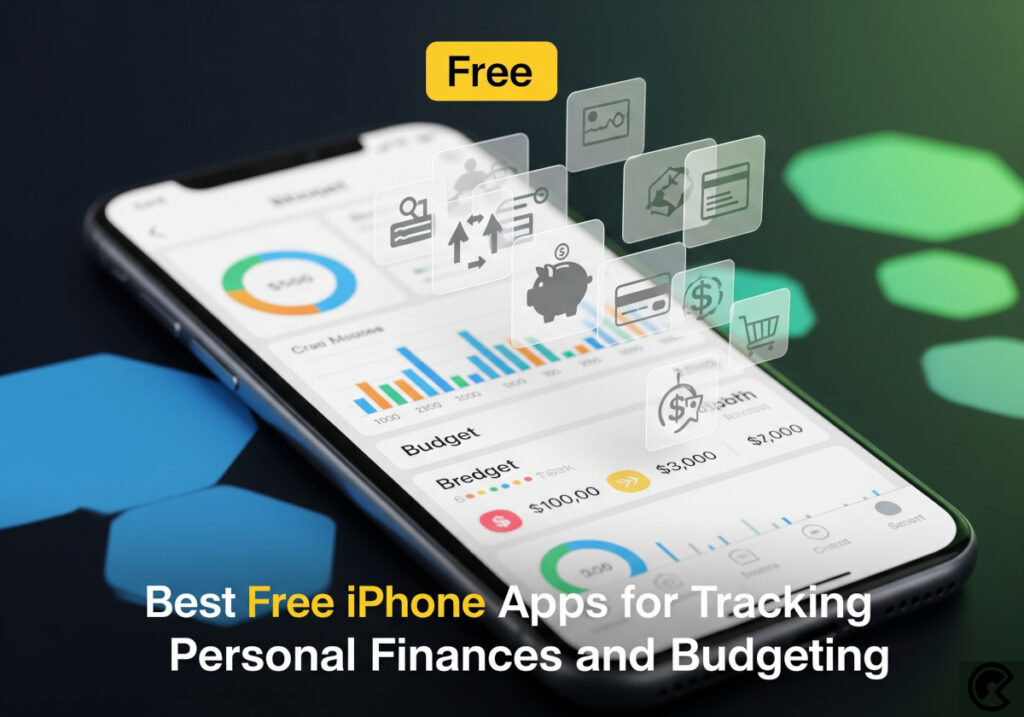Google Chrome vs ChatGPT Atlas Browser – The Battle for the Future of Browsing
The web browser war has officially entered a new era. For over a decade, Google Chrome has ruled the internet with billions of users. But now, OpenAI has stepped into the arena with something revolutionary — the ChatGPT Atlas Browser. Built around artificial intelligence and automation, Atlas promises to change not just how we browse, but how we interact with the web itself.
So what makes Atlas so special, and can it really challenge Chrome’s dominance? Let’s dive deep into this fascinating comparison between Google Chrome and ChatGPT Atlas, explore their pros and cons, and find out what this means for the future of browsing.
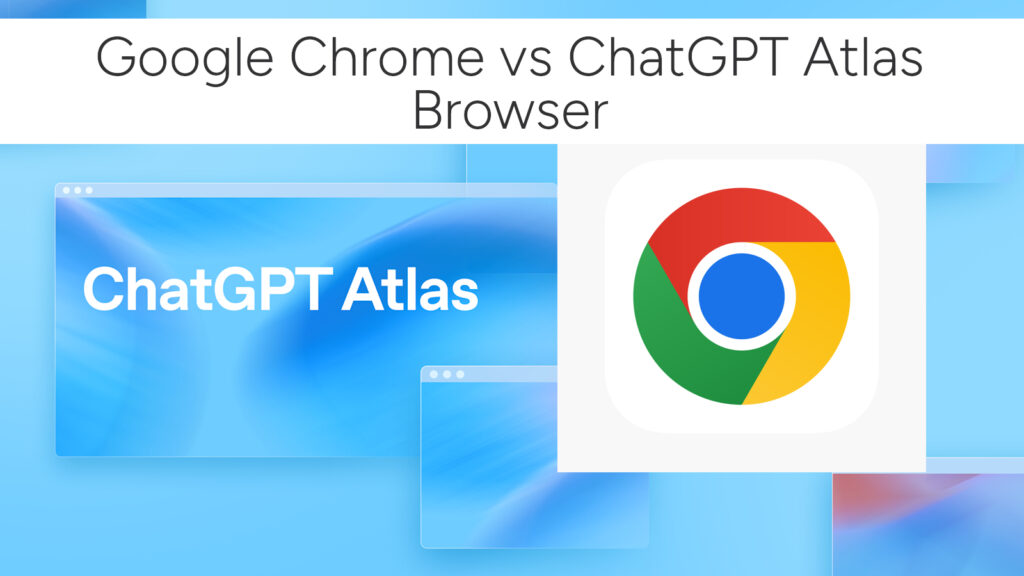
A New Kind of Browser
OpenAI’s ChatGPT Atlas isn’t just another browser. It’s designed to be an intelligent companion that browses for you. Instead of typing keywords into a search box and digging through links, you can simply ask ChatGPT questions directly within the browser. Atlas then searches, reads, and summarizes information in real time — even performing actions on your behalf through its agent mode.
Imagine planning a trip and asking Atlas to “book a hotel with free breakfast in Cox’s Bazar.” Instead of showing links, it can actually open travel sites, check options, and prepare bookings automatically. It’s a glimpse into a future where browsers are proactive assistants.
Meanwhile, Google Chrome, with its 3 billion users, continues to evolve with new features powered by Google’s Gemini AI. Chrome remains lightning fast, secure, and deeply integrated with Google’s ecosystem — but it’s still built around manual browsing, not full automation.
Key Features of ChatGPT Atlas
Atlas combines the power of ChatGPT with an intelligent browsing interface. Here’s what makes it stand out:
- Agent Mode: Lets ChatGPT take control of the browser to perform actions such as research, planning, and even ordering items online.
- Browser Memories: ChatGPT remembers your browsing context, helping you resume tasks, revisit ideas, or summarize previous research.
- Integrated ChatGPT Experience: You can chat, search, summarize, and automate tasks in the same window without switching tabs.
- Privacy Controls: Users can choose what ChatGPT can see, clear history, or go incognito.
- Cross-Platform Plans: Launches first on macOS, with Windows, iOS, and Android support coming soon.
Chrome’s Strength Still Shines
Google Chrome’s success story is hard to ignore. Since 2008, Chrome has reshaped the internet by prioritizing speed, simplicity, and security. Its open-source foundation and vast extension library make it a developer favorite. Chrome syncs effortlessly across devices and connects deeply with Google services like Gmail, Docs, Drive, and Photos.
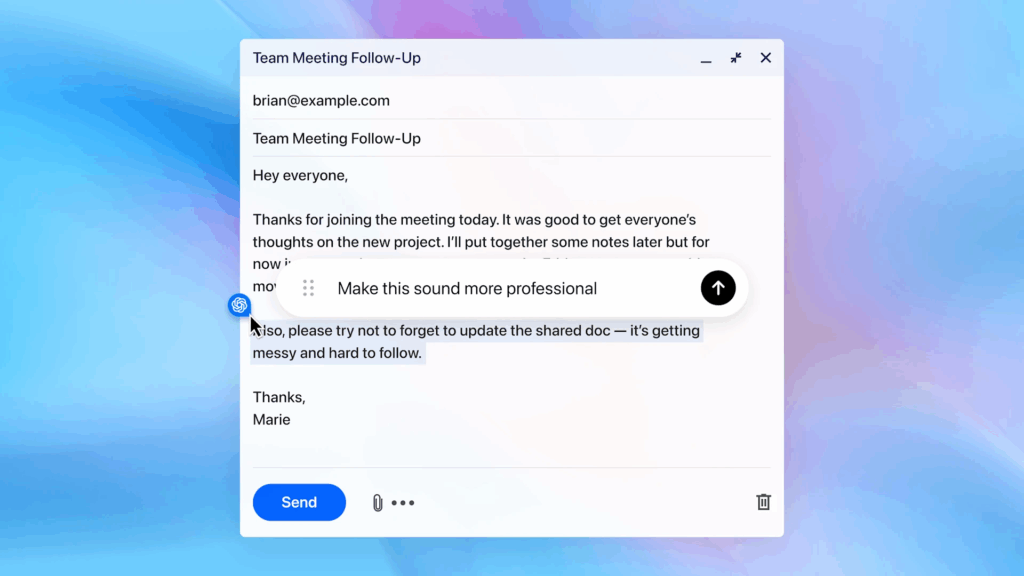
And now, with Gemini AI integration, Chrome is adopting features that summarize pages, assist in drafting emails, and answer queries directly — features somewhat inspired by chatbots like ChatGPT.
So while Atlas represents a radical leap, Chrome is not standing still.
Head-to-Head Comparison
| Feature | Google Chrome | ChatGPT Atlas |
|---|---|---|
| Developer | OpenAI | |
| User Base | Over 3 billion users | Over 800 million ChatGPT users (Atlas just launched) |
| AI Integration | Gemini-powered summaries and autofill | Built entirely around ChatGPT AI |
| Search Experience | Manual searching via Google | Conversational AI-driven search |
| Automation | Limited to extensions and scripts | Built-in agent mode that performs actions |
| Privacy Control | Standard incognito and permissions | Full visibility control and memory settings |
| Ecosystem | Deeply tied to Google services | Integrated with ChatGPT ecosystem |
| Speed and Stability | Highly optimized and mature | New platform, may face early performance issues |
| Cross-Platform Support | Windows, macOS, iOS, Android | macOS first, others coming soon |
| Extensions | Massive Chrome Web Store | Not yet announced, but SDK planned |
| Learning and Context | No memory of past searches | Remembers context with browser memories |
| Business Model | Ad-based revenue | Subscription model with Plus, Pro, Business tiers |
Pros and Cons of Each Browser
Google Chrome
Pros
- Extremely fast and stable performance
- Huge extension library and developer support
- Seamless sync with Google services
- Advanced security and phishing protection
- Cross-platform and constantly updated
Cons
- Heavy on system resources and memory usage
- Data collection and privacy concerns
- Lacks deep automation or AI-driven assistance
- Can feel outdated next to conversational AI tools
ChatGPT Atlas
Pros
- Revolutionary AI-driven browsing experience
- Agent mode can automate tasks and research
- ChatGPT integration eliminates need for multiple tabs
- Personalized memory-based assistance
- Strong privacy and parental control options
Cons
- Still in early stages with limited platform support
- May make mistakes during complex tasks
- Dependence on ChatGPT subscription for premium features
- Risk of over-reliance on AI-generated summaries
- Privacy concerns over memory and browsing data if mismanaged
The Bigger Picture
The launch of Atlas signals a turning point. Just as Chrome replaced Internet Explorer years ago, AI browsers like Atlas could redefine what it means to “use the web.” Instead of typing URLs, future users might simply tell their browser what they want, and the browser will act like a digital assistant.
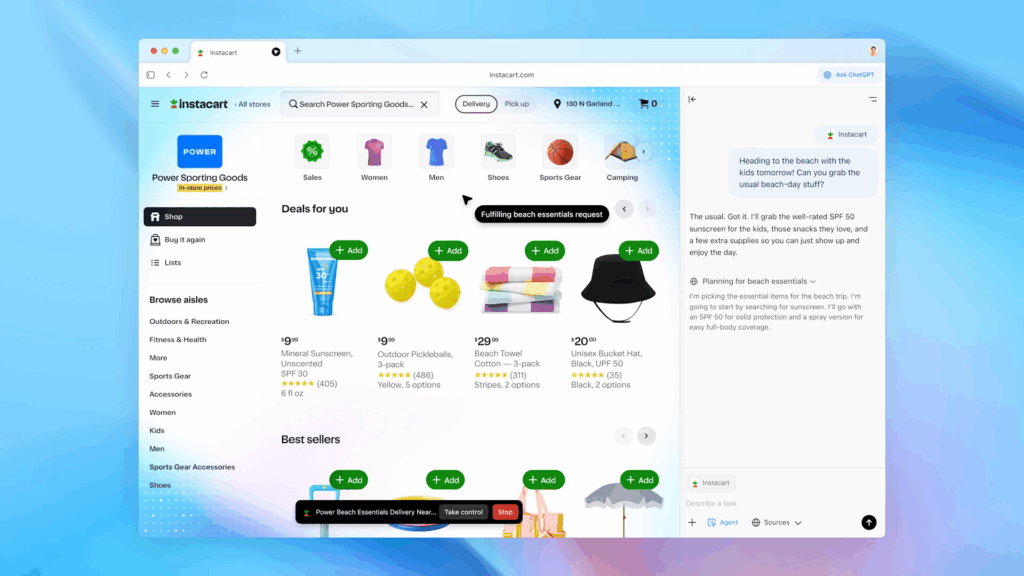
But this evolution raises new questions. If AI summarizes everything, will users stop visiting real websites? What happens to publishers who rely on web traffic and ad revenue? These are challenges both OpenAI and the broader web ecosystem will need to address.
Which One Should You Use?
If you value speed, reliability, and familiarity, Chrome remains the gold standard. It’s perfect for professionals, developers, and general users who want full control over their browsing experience.
If you want innovation, automation, and AI-powered convenience, ChatGPT Atlas is worth exploring. It’s still new and evolving, but it represents a bold new direction where browsing feels more like a conversation than a task.
Final Thoughts
Google Chrome is the browser that shaped the modern web. ChatGPT Atlas might be the one that reshapes it again.
Atlas is not just competing with Chrome; it’s redefining what a browser can be — part search engine, part assistant, part automation tool. It’s still early days, but one thing is clear: the future of browsing will not be about typing links. It will be about talking to your browser and letting it do the work for you.
So, while Chrome is still the king, Atlas is the challenger everyone is watching — and it might just be the start of the next great internet revolution.
# Written by Elliyas Ahmed

